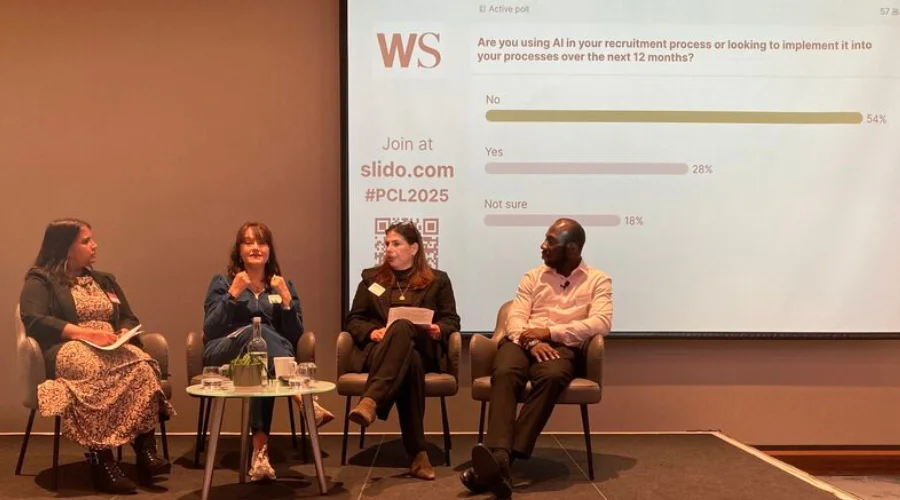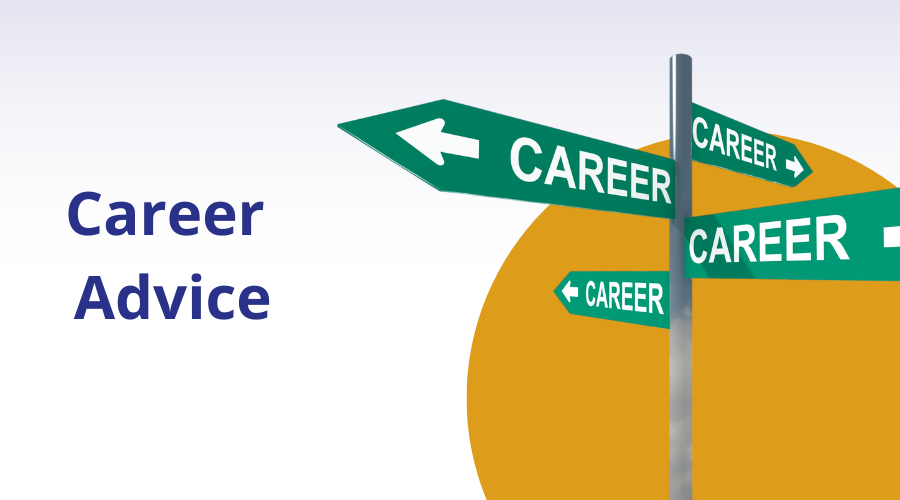Questions to Ask at the End of an Interview
Almost all interviews end with an opportunity for the candidate to ask their own questions. You may be anxious to get out of the door as interviews are stressful situations, but you should never leave without asking at least a couple of questions. Not having anything to ask makes you look unprepared and unenthusiastic, while a couple of insightful questions make you stand out as curious and proactive and will help you earn the respect of the interviewer.
Plus, an interview is a two-way process, and asking your own questions will help you find out more about the role and the organization and decide if they are right for you.
Following are some of the best questions to ask at the end of an interview, plus a couple you should never ask.
Questions you should ask
- Why is this position vacant?
The answer to this question can give you a good insight into the organization’s culture. If it’s a new role, that’s a good sign that the organization is growing and you’re likely to have opportunities for career progression. If the previous incumbent left after only a short period of time, it could suggest that there’s a problem with the role or the organization, but it could also present you with an opportunity to do better and get noticed. If the previous holder of the role was promoted, that’s obviously great news as it suggests the same could happen to you one day. - How does this role fit in with the organization’s wider mission?
Non-employees tend to be highly motivated by the impact their organization makes, so even if you’re not working on the front line, it’s natural to want to understand exactly how you would be contributing. This question is a good way to demonstrate your passion for the cause. - How will you determine success in this role?
This is a great question to ask interviewers, who surprisingly often haven’t previously considered how they would measure success. It shows that you are already envisaging yourself in the job and are determined to be successful and that you are goal-oriented. - What are the key challenges in this job?
Every role comes with some limitations, whether due to budgets, staffing, workloads, or historical inertia. Asking this question shows you are not expecting a free ride but instead understand that there will be challenges, and you are willing to work to overcome them and make a success of the role. Gaining a better understanding of the challenges you are likely to face will also give you a head start in preparing for your new job. - What’s the best thing about working for this organization?
Your interviewer will most likely have worked for the organization for several years and being in a position of authority, will have a good insight into the culture. How they answer will show you what they value most. You can then decide if you share similar values and whether you are a good cultural fit. - What’s the next step in your recruitment process?
If you are genuinely interested in the role, you’ll want to know the timescale that the employer is working to: when can you expect feedback, how many interview stages are they planning to hold, and when are they likely to make a decision? This both demonstrates enthusiasm and prepares you for their interview process.
It’s also worth asking how many people they are seeing at each stage so you can judge your level of competition. - Do you have any concerns about my ability?
This is a tough question to ask, and you need to be brave, as it’s essentially asking for negative comments. However, it’s a great chance to demonstrate that you are not afraid of critical feedback and, in fact, welcome it as a chance to improve your performance. Interviewers like to know that a potential employee is willing to learn and improve.
It’s also a chance to address any potential weaknesses in your experience or skills and clear up any miscommunications that may have occurred in the interview. You should have a good idea of any areas of concern before the interview, so make sure you have an answer ready for any comments the interviewer makes. Using this tactic to turn negatives into positives is a great way to end your interview on a high note.
Don’t ask these questions!
What is the salary for this role?
Charities are rarely looking for employees who are primarily motivated by money. You’ll most likely have an idea of the offered salary range before an interview, but leave any specific questions around remuneration until a much later stage (unless the interviewer brings it up) or you’ll appear too money-oriented instead of being passionate about the role for its own sake. Similarly, don’t bring up benefits or holiday allowance.
What is the goal of your organization?
Don’t ask any questions that you could easily find the answers to on Google. It suggests that you haven’t done your research and that you aren’t really interested in the role.
What are my working hours?
Many people are attracted to the third sector by its plentiful opportunities for flexible working. The hours you work may be important to you, but again, it’s best to leave this until a later time to discuss. Focusing on working hours too early suggests you are a clock watcher and may not be willing to be flexible in the role. The exception would be if flexible working was specifically mentioned in the job description and you wanted to clarify what this meant.
When will I get promoted?
This question is really jumping the gun; you haven’t even been offered the job yet, and you’re already talking about promotion! It suggests to the interviewer that you aren’t really interested in the vacancy offered but only in its potential as a stepping stone. If you want to sound ambitious and focused on your long-term career, try asking “What would I need to achieve in this role in order to be considered for promotion in the future?”
For further interview advice, see our blog posts here.
If you need any further interview advice, please contact your TPP consultant.

